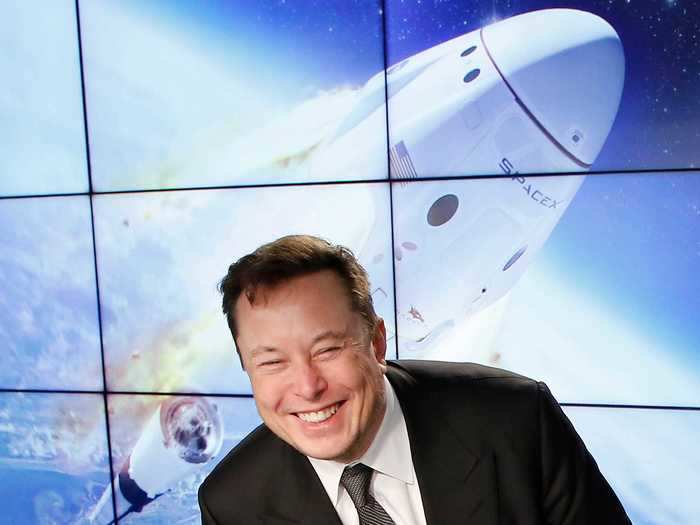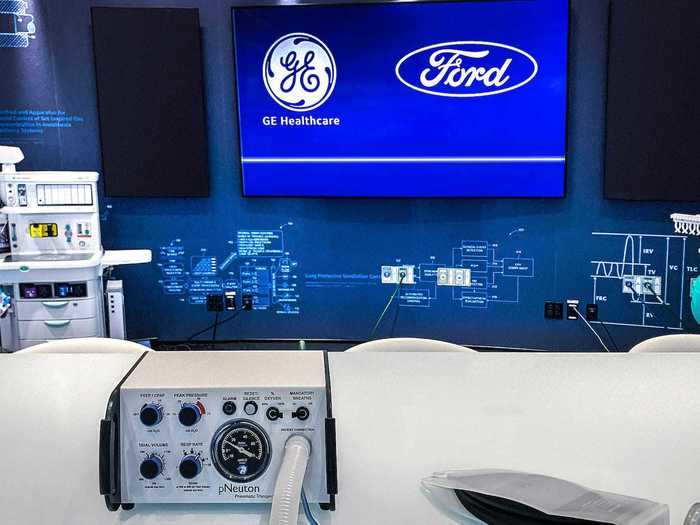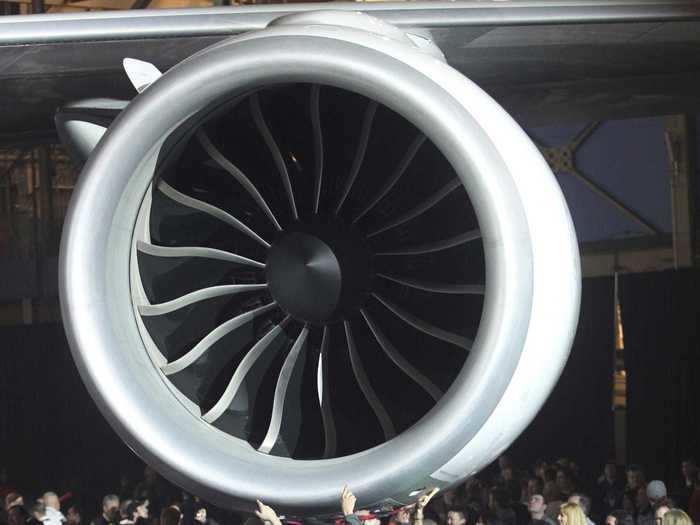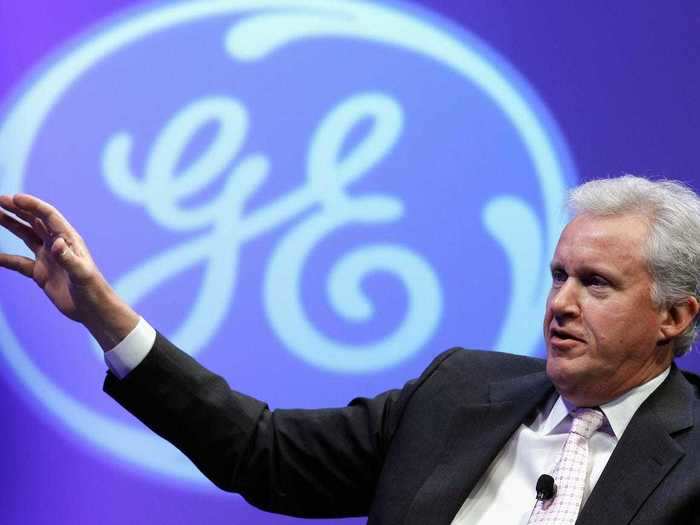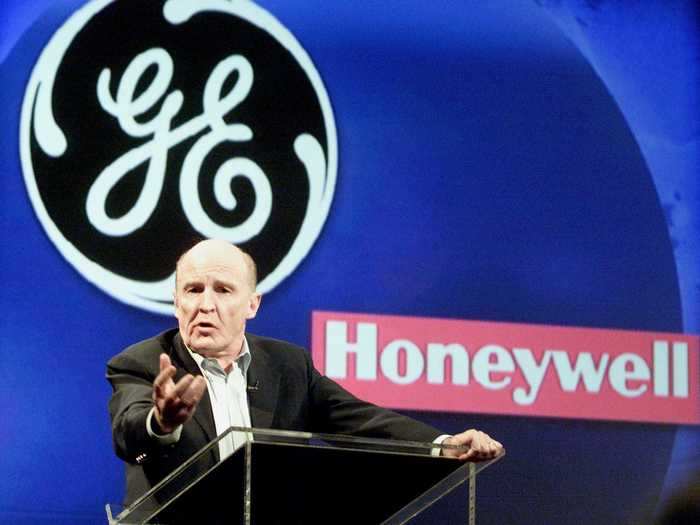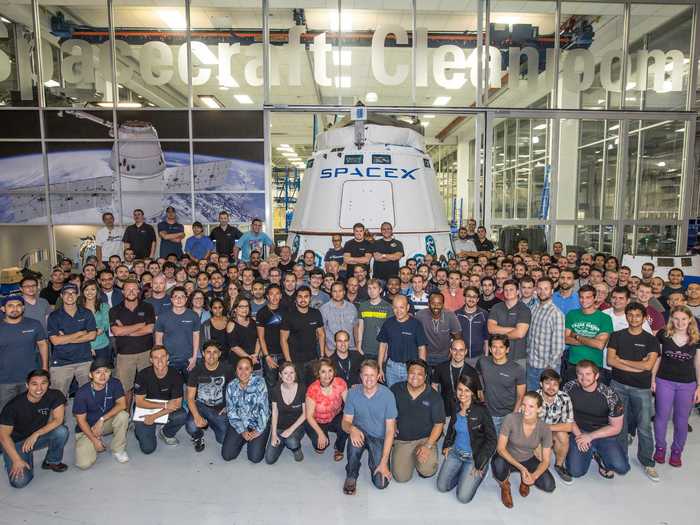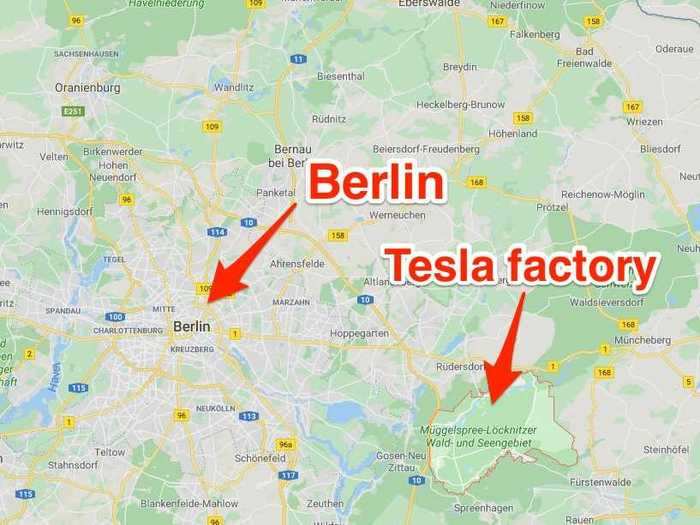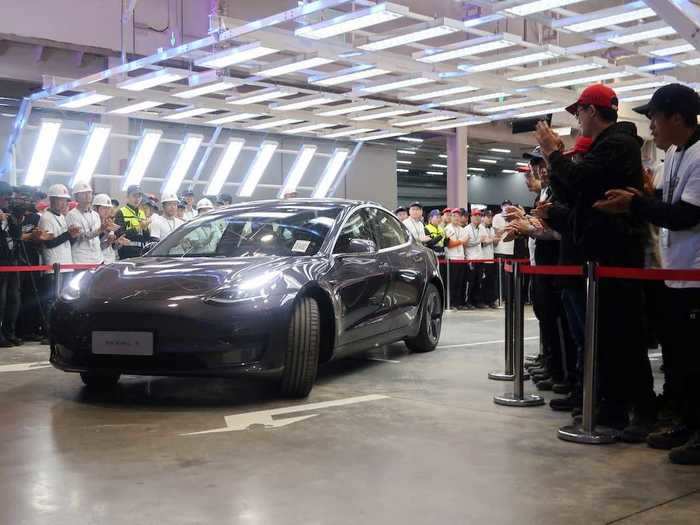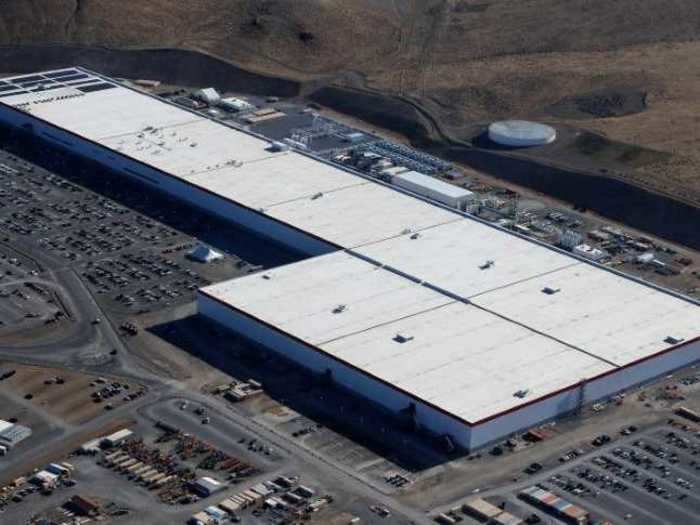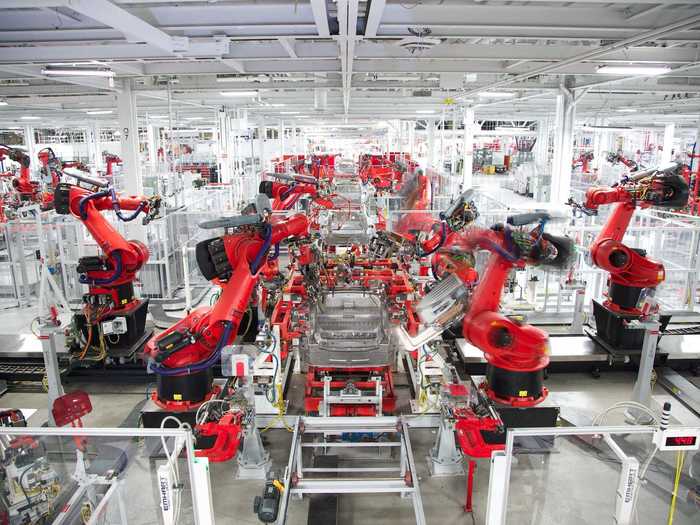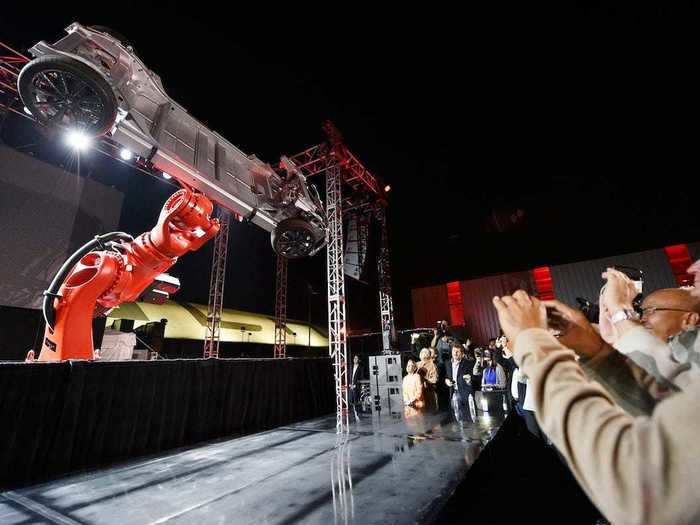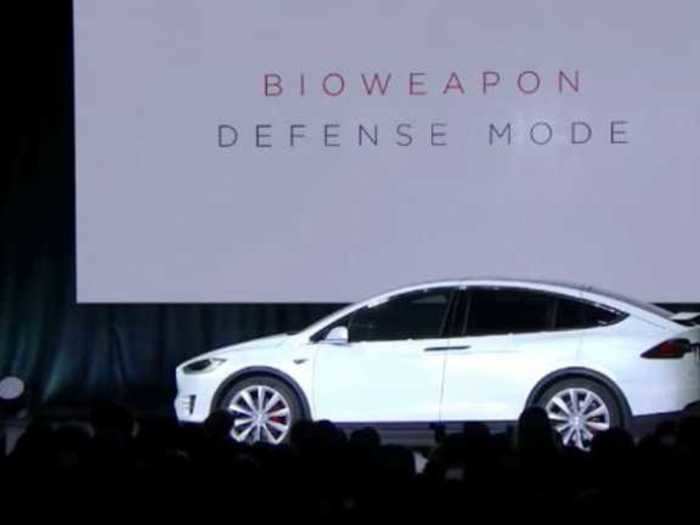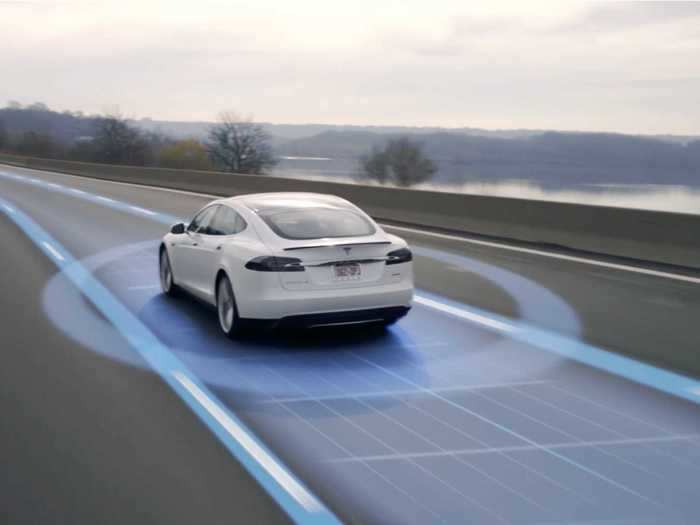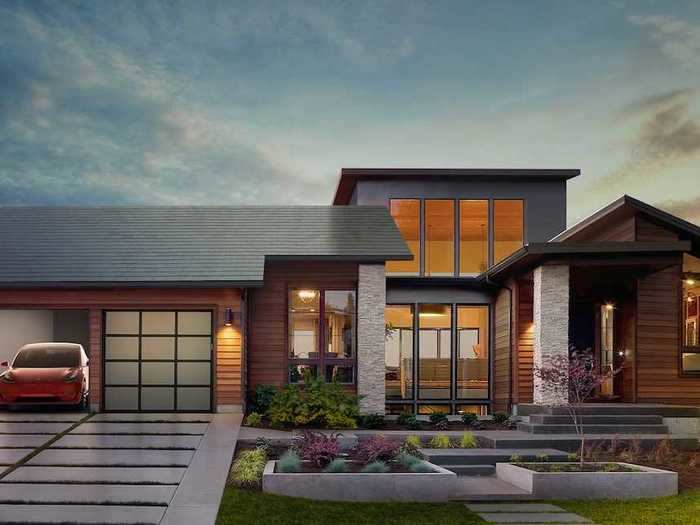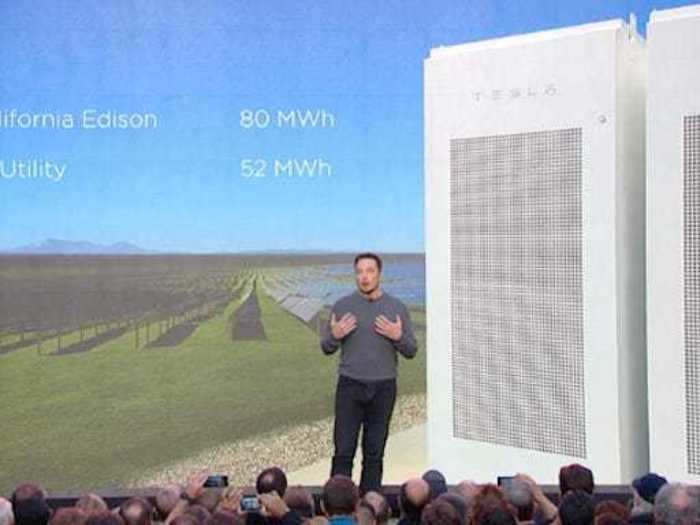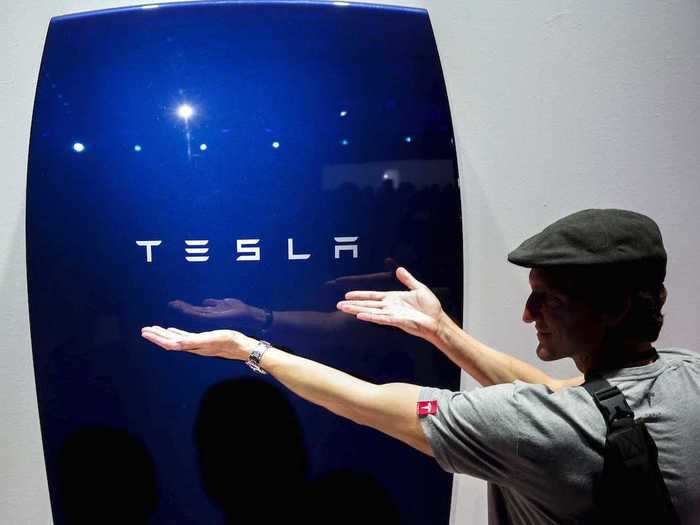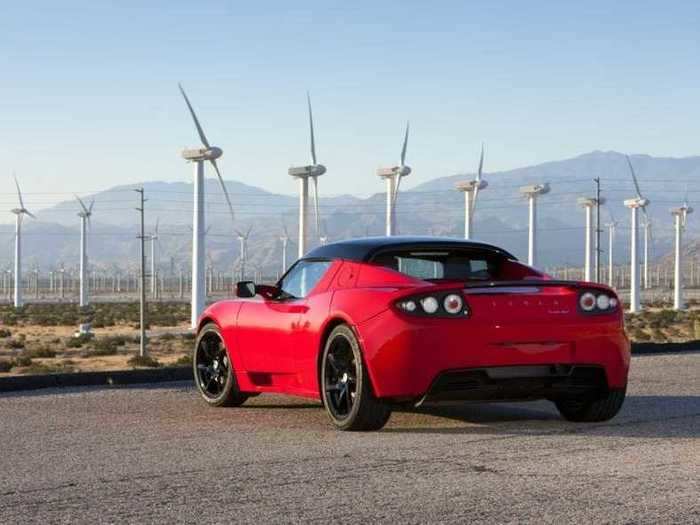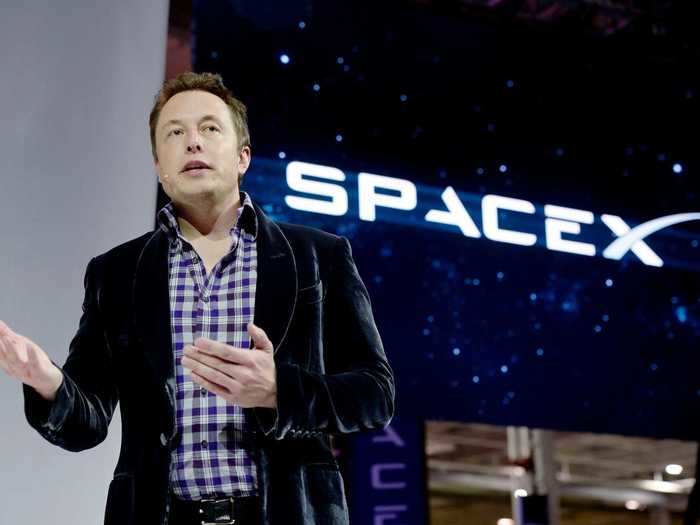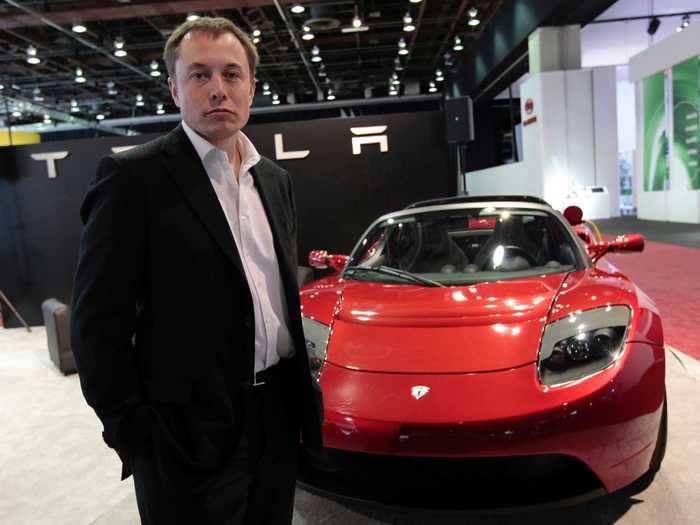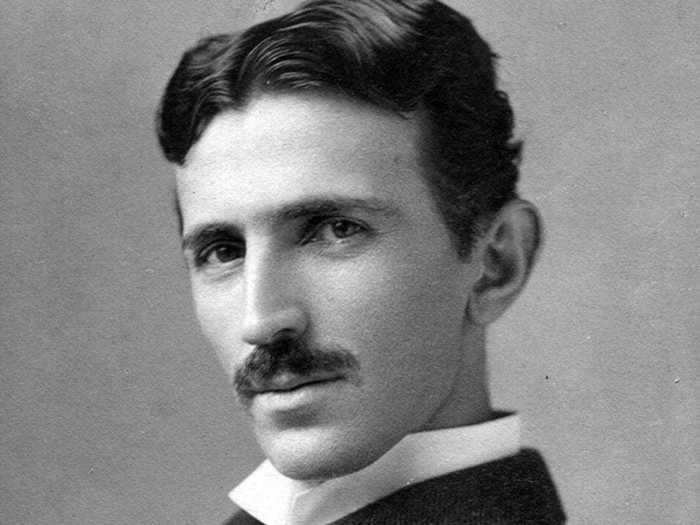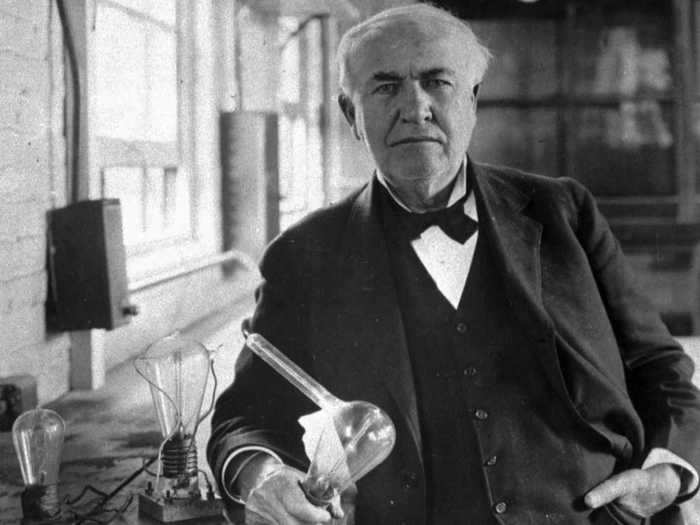Business Insider
- Tesla has been labeled a tech company and a car company, but it's neither — it's a General Electric for the 21st century.
- Tesla is already operating in the auto industry, the energy business, software, autonomous mobility, electric batteries, and residential solar.
- Tesla could move into numerous other enterprises, from healthcare to robotics — all industries that should be important and valuable over the next 80 years.
- Visit Business Insider's homepage for more stories.
I've covered Tesla for over a decade and for that entire time, I've constantly insisted that it isn't a Silicon Valley tech company, but rather a carmaker. Just like General Motors, Toyota, Ford, or Mercedes-Benz, just with electric motors instead of internal-combustion engines.
Wrong! So wrong!
But not because Tesla is actually a Silicon Valley tech company. It isn't. Silicon Valley doesn't really create technology companies anymore; instead, it creates companies that sit on top of the internet — mainly the mobile internet these days — and sell attention-spans to advertisers and services to businesses.
In effect, they're media companies whose content is generated for free by users: Google searches, Facebook posts, and so on. Apple is an exception, but there we have a design firm, effectively, that lives on the exceptional profit margins of its premium devices, chiefly the iPhone.
There have always been powerful media companies and media conglomerates, but nobody ever confused them with old-economy technology companies, such as automakers, aviation giants, or even the first wave of computer companies, such as IBM.
Now that we're something like four decades into the "tech" transformation of the economy, we've forgotten what actual technology companies look like. The best example, from the previous century, is General Electric, which can trace its roots to Thomas Edison and the late 19th century. GE is the quintessential American conglomerate.
But it's importance, while still critical, has been fading. The successor, it dawned on me a few weeks ago, is Tesla.
It should have been obvious to me all along. Here's why:
Read the original article on
Business Insider
This is Tesla's destiny — to supplant the 20th century's most important technology conglomerate and establish itself as the most important technology conglomerate of the 21st.
Elon Musk.
REUTERS/Joe Skipper
... From aviation ...
A General Electric GEnx engine.
Anthony Bolante/Reuters
After Welch stepped down, Jeff Immelt took over in 2001. He left in 2017, and since then, GE has been seen as a colossus in decline, although it still consists of a large number of vitally important businesses ...
Former GE CEO Jeff Immelt.
Chip Somodevilla/Getty Images
GE was considered one of America's greatest corporations when it was led by the late Jack Welch.
Former GE CEO Jack Welch.
REUTERS
SpaceX also has a rocket factory — and Tesla has a design studio — in Los Angeles.
The SpaceX factory and Tesla design studio in the Los Angeles-area suburb of Hawthorne, California.
SpaceX
... and is building a factory in Germany.
The newest Tesla Gigafactory will take shape in Berlin.
Google Maps
... A new plant in China ...
A Tesla Model 3 rolls off the assembly line at the Tesla factory in Shanghai, China.
REUTERS/Yilei Sun
... A battery plant in Nevada ...
Tesla Gigafactory in Reno, Nevada.
Reuters
As a technology manufacturer, Tesla's growth has been impressive over the past five years. It now has a factory in California ...
Inside the Tesla factory in Fremont, California.
Tesla
And for many years, Tesla has been working with robotics. Musk is particularly enthusiastic about highly automated factories.
Kevork Djansezian/Getty Images
Tesla also became a supplier of parts to ventilator makers during the COVID-19 pandemic — and developed a prototype of its own ventilator design, using auto parts. This indicated that Tesla could move into healthcare.
Tesla/Screenshot via YouTube
And in the coming years, Tesla could enter the heating, cooling, and air-filtration business, building on the hospital-grade filtration technologies it already includes in several of its vehicles.
Tesla is also developing a "full self-driving" system under its Autopilot brand.
A Tesla Model S.
Tesla
... And after it acquired SolarCity in 2016, integrated solar residential rooftops.
Tesla
... including some really large batteries for utilities ...
Tesla
... And later batteries ...
YouTube/VideoMisery
Tesla didn't make computers (although it used plenty of them) and it didn't try to monetize online behavior. It made cars ...
An original Tesla Roadster.
Wikimedia Commons
... the advertising-and-attention driven Silicon Valley of Mark Zuckerberg and Facebook.
Mark Zuckerberg.
Facebook
Meanwhile, the entrepreneurial Silicon Valley of Steve Jobs and Apple had given way to ...
Steve Jobs.
Kristy MacDonald/AP
Musk was assembling a sustainable transportation-and-energy conglomerate from the very beginning. Tesla, SolarCity, and SpaceX were interconnected — a sort of pre-conglomerate, organized around world-changing technologies.
Musk made millions when he and his partners, including Peter Thiel, sold PayPal to eBay. Musk then sunk everything he had into Tesla and his other company, SpaceX, while also helping his cousin, Lyndon Rive, launch SolarCity.
Elon Musk stands in front of an original Tesla Roadster.
Rebecca Cook/Reuters
Elon Musk is the 21st-century's Edison. Not because he has invented anything in a lab, but because he's used the modern machinery of Silicon Valley-style finance to create companies that can tackle global problems, mainly climate change.
Elon Musk.
Jae C. Hong/Associated Press
Tesla, of course, takes its name from Nikola Tesla, the Serbian-American inventor who both worked for Edison and later established a rivalry with him over different formats for electric current.
Both Tesla and General Electric have their roots in ... electricity! Obviously, Thomas Edison, the father of the electric light bulb, brought electrification to the 20th century, starting in the late 19th.
Thomas Edison.
AP Photo/J. Walter Thompson

